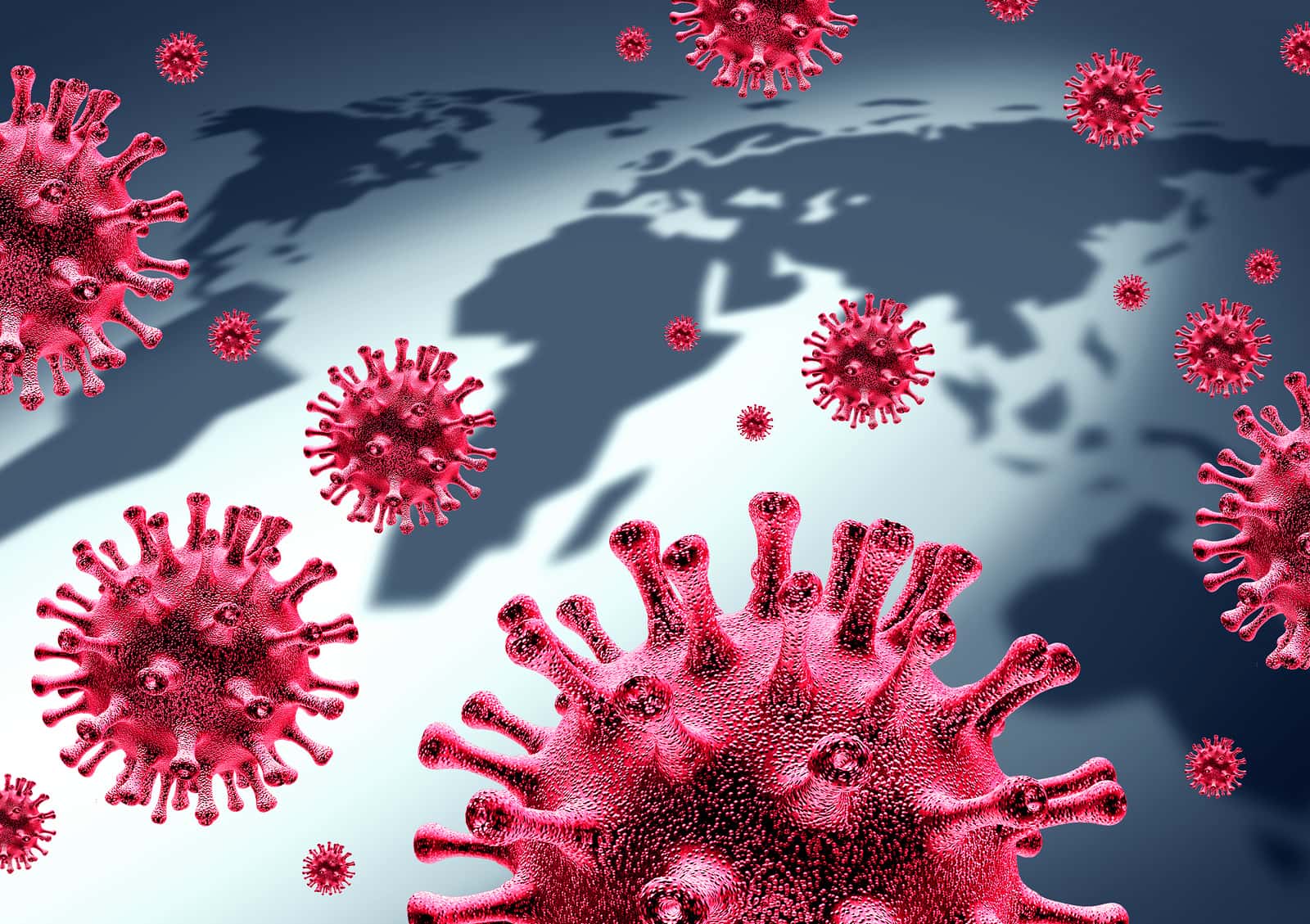
Earlier in the pandemic, scientists were heartened by the idea that the SARS-CoV-2 virus that causes COVID-19 has a low mutation rate. They believed that they could detect the virus mutating far more slowly than seasonal influenza viruses, for example. This would make it easier to create a vaccine that would be useful for more than a single year.
Is the SARS-CoV-2 Virus Mutating?
All viruses mutate, however. Researchers at Los Alamos Laboratories report potentially serious consequences of the SARS-CoV-2 (also called SARS-2) virus mutating. They have analyzed the genetic makeup of SARS-2 samples from around the world. According to their analysis, the new dominant strain appears more transmissible than the original form of the virus from Wuhan. As a result, it may also pose a greater risk.
The Los Alamos researchers express concern that the rapid rate of mutation might make vaccine development more challenging. Most of the vaccines currently under development use the coronavirus Spike protein to alert the immune system. Significant genetic changes in the Spike protein due to the virus mutating would mean that scientists would need to develop new vaccines more frequently. Since we currently have no vaccines at all for this virus, developers face an enormous challenge.
Skepticism on the Conclusions:
Not everyone agrees with these conclusions, however. The preprint was posted online at BioRxiv and has not yet been peer reviewed. Other researchers doubt that the mutation identified actually makes the virus more contagious or more deadly. For the time being, investigators will need to continue looking at how the SARS-CoV-2 virus is changing. In addition, they will need to look at the implications for prevention and treatment of COVID-19.

